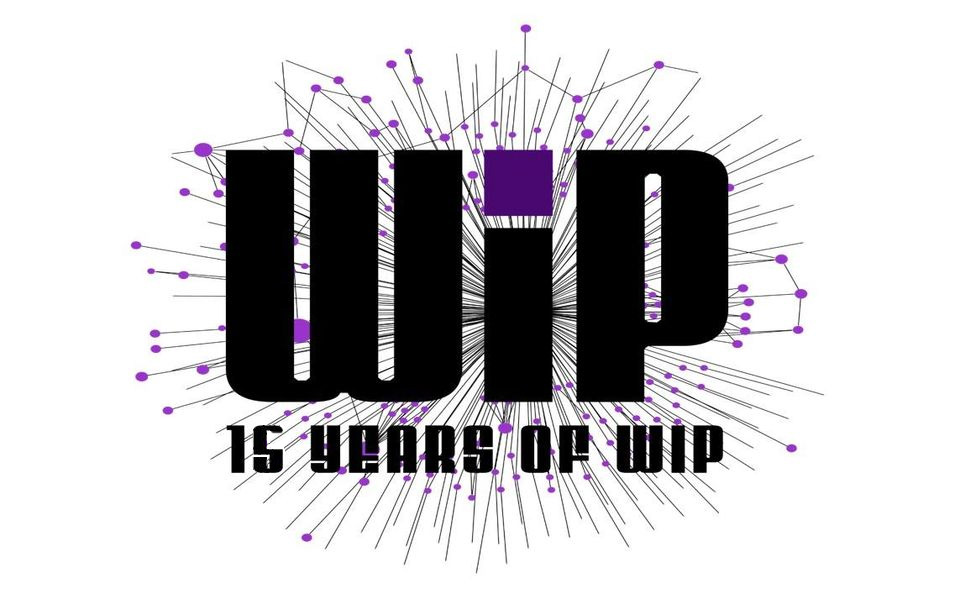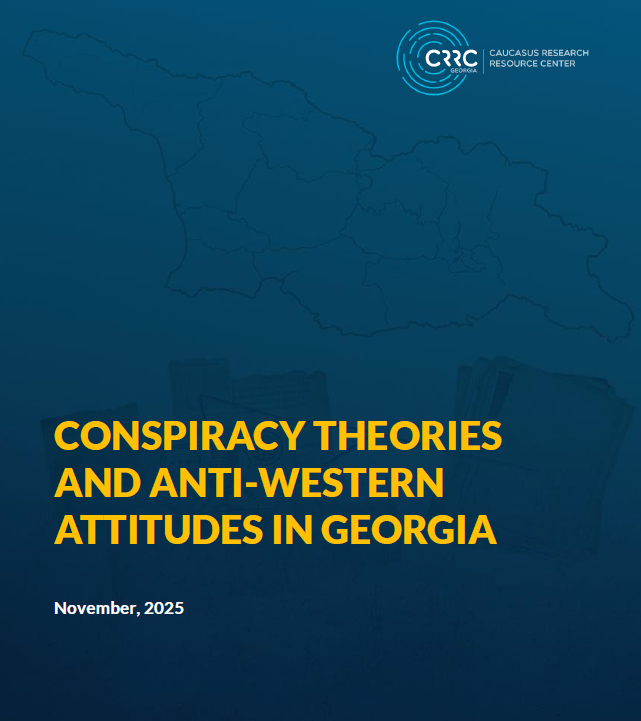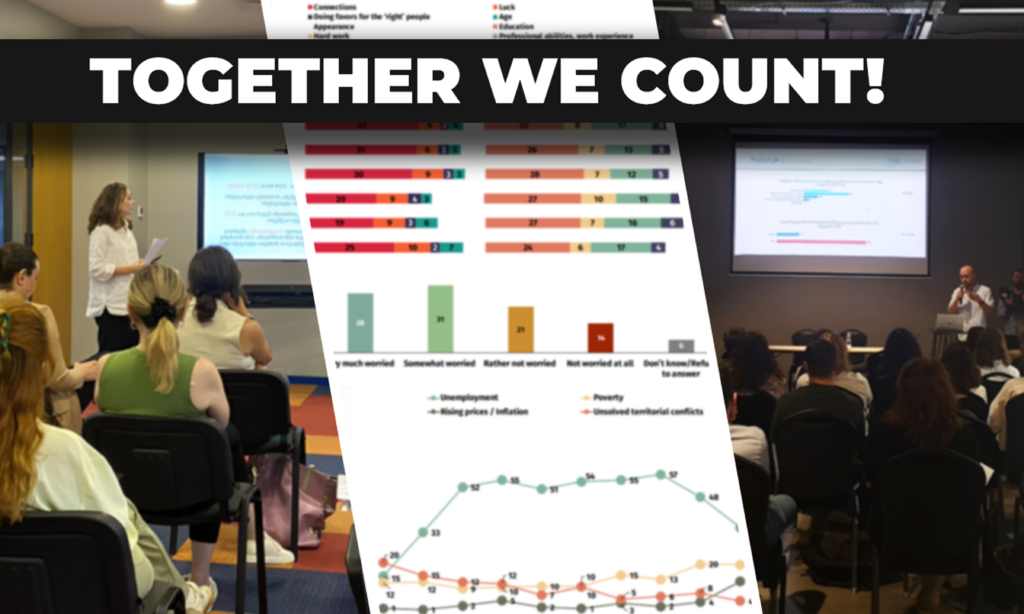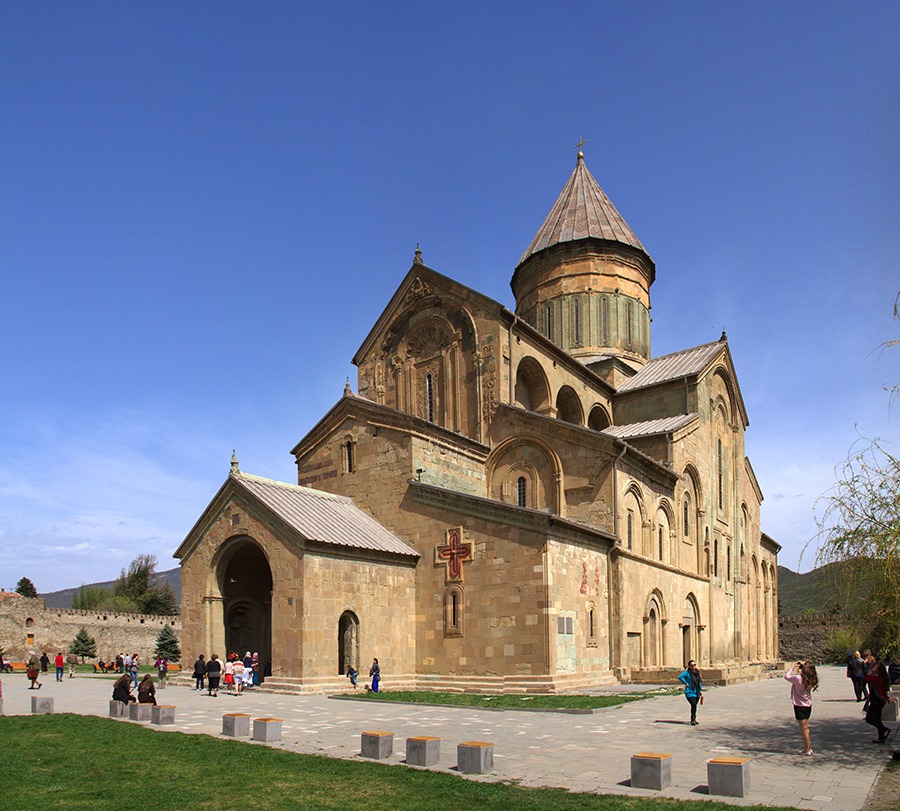CRRC, American Councils and ARISC are pleased to announce the 14th talk of the Spring/Summer 2024 Tbilisi Works-in-Progress series!
The talk will take place in hybrid format in-person at CRRC Georgia and online.
“Societal Sources of Ontological Security in Georgia”
Dr. Eteri Tsintsadze-Maass, Hampton University
Date: 3 July 2024, at 18:30 Tbilisi time
Drawing on insights from psychology and sociology, the ontological security scholarship has effectively challenged many orthodoxies of international relations. Building on the central premise that social actors need to maintain a relatively stable sense of self, these works have demonstrated the importance of non-material determinants of state behavior. Still, ontological security scholarship has largely accepted the state-centric lens dominant in IR, equating states to state leaders and political institutions while the agency of society is left outside of direct scrutiny. Whereas many scholars have studied how state leaders offer a sense of stability by ordering domestic and foreign affairs and upholding dominant national narratives, this paper explores the often-overlooked role of non-state actors in providing ontological security. It advocates a focus on the state-society complex instead of simplistic theorizations of the state as a unitary actor, which often obscures important dynamics crucial for a comprehensive understanding of state behavior, thereby contributing to the field’s unit-of-analysis debate. Societal actors constantly participate in shaping states’ national narratives and conditioning their foreign policies, but crisis situations make it easier to observe their agency by casting doubt upon traditional institutions of political authority. The paper demonstrates this through a case study of Georgian responses to Russia’s 2022 invasion of Ukraine, which unsettled Georgia’s longstanding and widely-held European identity and its relationships with allies and adversaries in light of the Georgian government’s restrained foreign policy. Several societal initiatives emerged in response aiming to uphold Georgia’s national narratives, offering an opportunity to examine the success and limits of such non-state initiatives in maintaining dominant national narratives and shaping foreign policy choices.
Eteri (Etuna) Tsintsadze-Maass is an Assistant Professor of Political Science at Hampton University. She teaches courses on international relations and security. Her research has focused on topics including the psychological underpinnings of terrorist radicalization, ontological security, the effects of national identities on state behavior, and the social construction of survival. She is a board member of the World Affairs Council of Hampton Roads.
********
Works-in-Progress is an ongoing academic discussion series based in Tbilisi, Georgia, that takes place at the CRRC office at Liziko Kavtaradze St. 1 and online. It is co-organized by the Caucasus Research Resource Centers (CRRC), the American Councils for International Education: ACTR/ACCELS, and the American Research Institute of the South Caucasus (ARISC). All of the talks are free and open to the public.
In observation of the spirit of the Chatham House Rule, the talks will not be recorded, and we courteously request that the other participants refrain from recording and/or distributing recordings as well. The opinions expressed in WiP talks are those of the speakers alone, and do not necessarily reflect the views of CRRC, ARISC or of American Councils.










